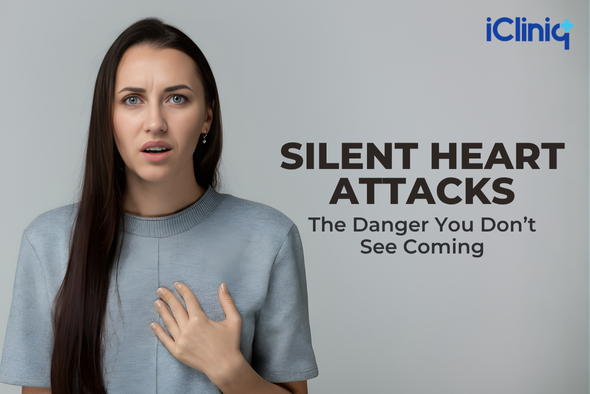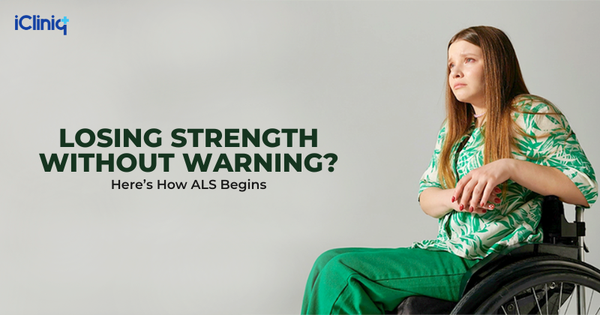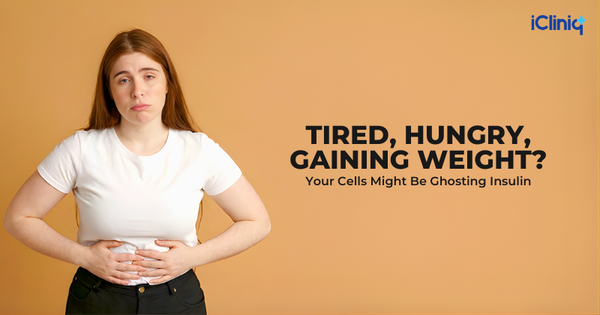Silent Heart Attacks: The Danger You Don’t See Coming

Heart attack evokes in us images of instant pain in the chest, breathlessness, and emergency sirens. However, not every heart attack makes itself heard. Silent heart attacks occur with minimal or no pain, and some individuals fail to realize that a heart attack has taken place until a few days, months, or even years later. These “silent” events can quietly damage the heart, making awareness and early detection crucial.
Who’s at Risk?
You are at risk should you be diabetic, have high blood pressure, have high cholesterol, or have a family history of heart disease. Women are not likely to experience any pain in the chest; instead, they may experience jaw pain, aching in the shoulders, back pain, or nausea. It is important to listen to your body. Regular checkups and paying attention to unusual body signals can make a significant difference.
The Subtle Signs You Could Have Missed
Silent heart attacks may present themselves as fatigue, difficulty in breathing during exercise, an unusual chest aching, a feeling of lightheadedness, stomachache-like pain, or even slight perspiration. These symptoms are usually ignored as acidity, stress, or overwork. Being mindful of these subtle signs can help catch a problem before it becomes serious.
Not Just the Elderly
Silent heart attacks can also take place in younger adults, particularly among smokers, overweight individuals, or those people whose lifestyle is characterized by a lot of stress. It is not just a problem of the elderly. Even a busy lifestyle does not make one immune; prevention and awareness are key at any age.
Consistency Saves Lives
Silent attacks or an early heart problem can be discovered with routine heart tests, such as an ECG, echocardiogram, or stress test, before it becomes something serious. It is always good to prevent rather than cure an emergency. Scheduling regular screenings and maintaining a heart-healthy lifestyle can drastically reduce the risks.





